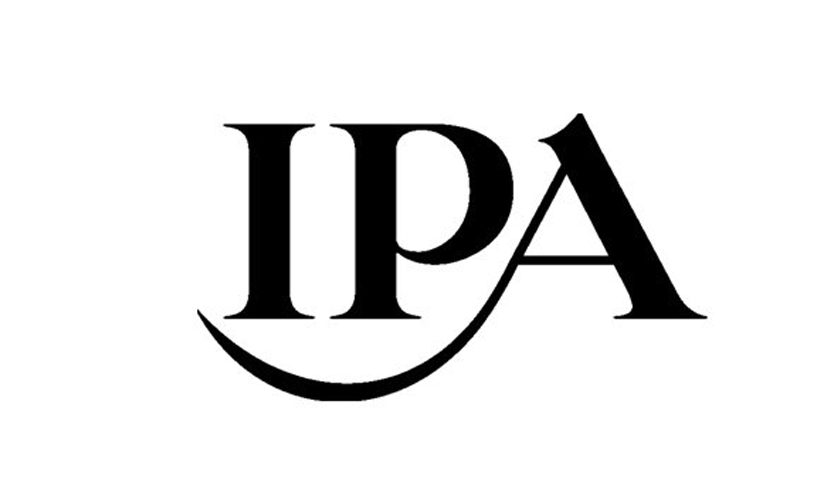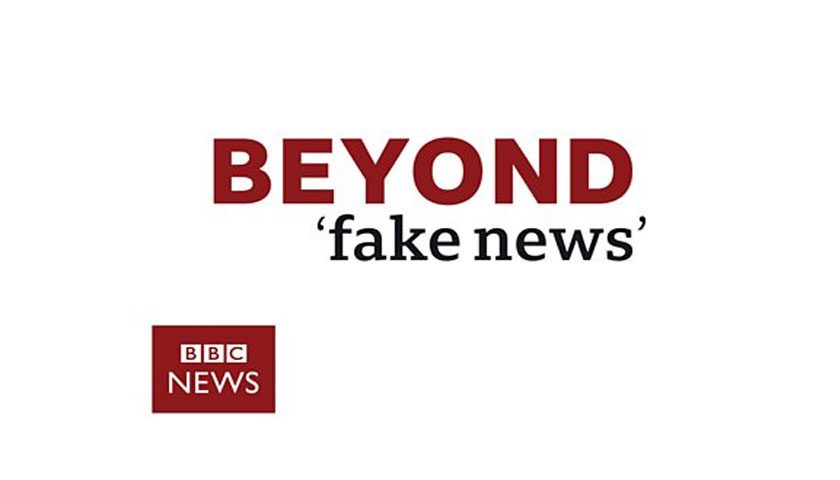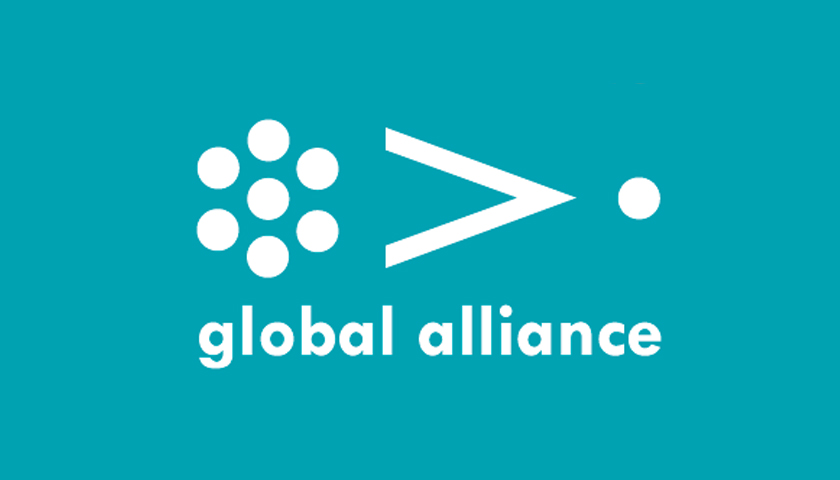Responding to the Digital, Culture, Media, and Sport Committee’s final report on disinformation and “fake news”, Francis Ingham MPRCA, Director General, PRCA, said: “PR and Communications is an industry rightly concerned with disinformation and ‘fake news’: our commitment to deal fairly and honestly underpins everything that we do. “As the Government said in the wake of the Bell Pottinger case: ‘the UK has a world-leading system of professional standards and industry-specific codes of conduct, which we encourage British companies to uphold in their operations domestically and overseas. Our industry bodies…
Read MoreTag: Fake News
IPA reacts to DCMS Report on Disinformation and Fake News
The IPA fully advocates the DCMS proposal for a public and searchable repository – something it called for in its written evidence to the Select Committee back in July – to aid transparency of online political advertising. This will provide recipients with relevant information to allow them to identify the source of the ad, who uploaded it, who sponsored it, and its country of origin. The IPA also supports the recommendations made by the Electoral Commission to the DCMS for imprints to show the sponsor of the ad. To ensure…
Read MoreNew BBC research shows nationalism is driving the spread of fake news
People in India are sharing fake news stories with nationalistic messages for ‘nation building’ purposes, with consolidation of national identity taking precedence over the need to fact-check a story, new BBC research has found. The finding comes from the first published study analysing the spread of fake news from the perspective of ordinary citizens. The report examines networks within Twitter and analyses how people are sharing on encrypted messaging apps, after users gave the BBC unprecedented access to their phones. This research comes as part of the BBC Beyond Fake…
Read MoreFake news and its impact on the charity sector
The Oxfam scandal has transformed the environment for international NGOs. They are under much more pressure than ever before to be as open and transparent as possible. The speed with which stories spread online demands immediate response. But what happens when the stories are false? This is something which is covered in a new report by the International Broadcasting Trust, the report is called Faking it and below is what Mark Galloway, IBT Director said on their website: How should NGOs respond to fake news? This is one of the…
Read MoreGlobal public relations associations commit to enhancing public trust through ethics
The current crisis in trust is diminishing the ability for institutions, governments and organisations to operate effectively in society. Fake news and an inappropiate use of automated communications in particular, erode trust and reputations in our institutions. To counteract this and take a leading position on the global practice of public relations, several professional associations met in Madrid to explore possible enhancements to their codes of ethics that, as a whole, guide hundreds of thousands of professionals around the world. Participants in this global discussion on codes of ethics agreed…
Read More



